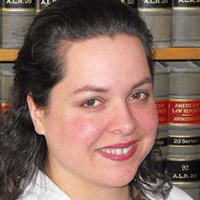Ellsworth Criminal Lawyer, Michigan
Sponsored Law Firm
-
 x
x

Click For More Info:
-
Hannawa Law PC
2909 E Big Beaver Rd Troy, MI 48083» view mapCriminal Defense Law Full-service legal experts on your side.
Whatever the specific details of your situation may be, our attorneys are ready to fight for you and guide you through every step of the process.
248-466-0770
Jodi J. Doak
✓ VERIFIEDEstate, Traffic, Criminal
Mrs. Doak graduated from Thomas Cooley Law School in 2001 as the most decorated student in the school’s history, tying for 5th highest GPA in the sc... (more)
Walter H. Bedell
Juvenile Law, Real Estate, Motor Vehicle, Lawsuit & Dispute, Criminal
Status: In Good Standing Licensed: 49 Years
Allen Telgenhof
Litigation, Wrongful Termination, Criminal, Medical Malpractice
Status: In Good Standing
Michael J. Corcoran
Divorce & Family Law, Workers' Compensation, Criminal, Litigation
Status: In Good Standing
Michael Joseph Corcoran
Divorce & Family Law, Workers' Compensation, Criminal, Litigation
Status: In Good Standing Licensed: 36 Years
 Nickolas Hannawa Troy, MI
Nickolas Hannawa Troy, MI AboutHannawa Law PC
AboutHannawa Law PC

